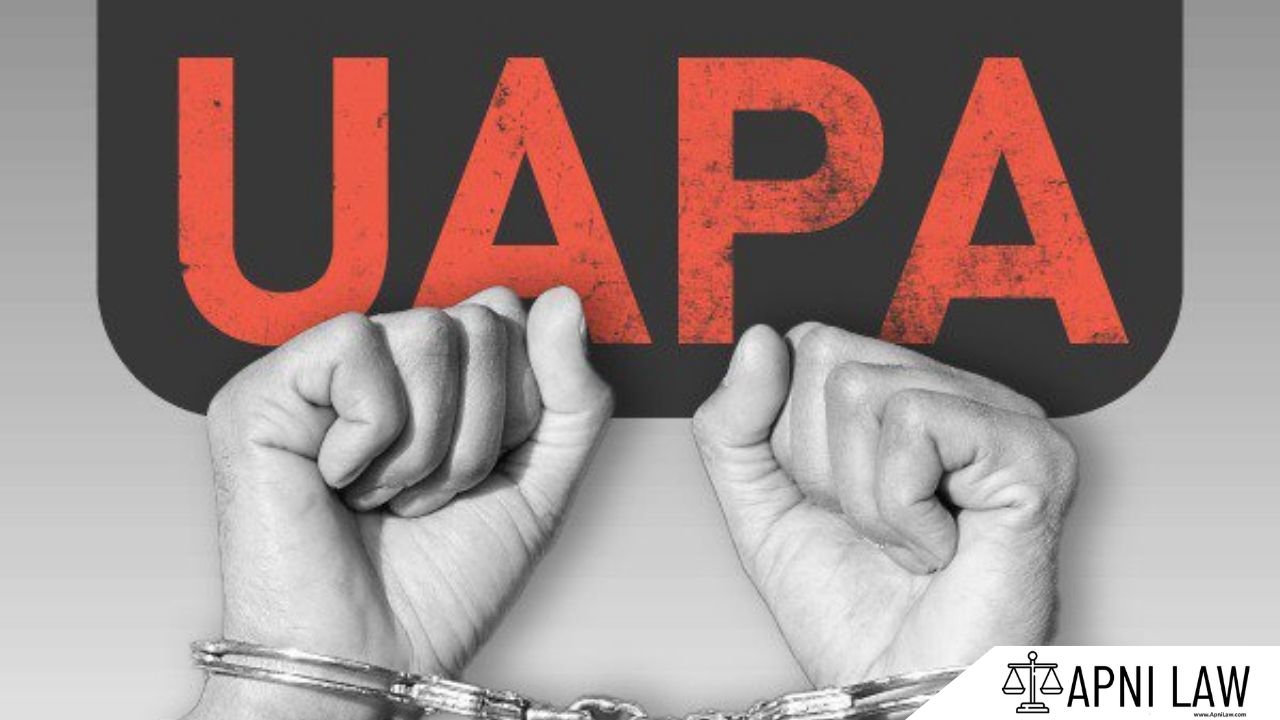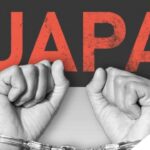The Unlawful Activities (Prevention) Act (UAPA) originally allowed the Central Government to declare only organizations as terrorist groups. The 2019 amendment, effective August 2019, changed this. Now, the government can also declare individuals as terrorists. This change aims to meet India’s international obligations and strengthen national security.
For any specific query call at +91 – 8569843472
Who Has The Power to Declare Individuals Terrorists
Section 35 empowers the Central Government to add any organization or individual to the UAPA terrorist list. The government lists individuals in the Fourth Schedule and organizations in the First Schedule. Grounds for declaration include committing, participating in, preparing for, promoting, or encouraging terrorism. The law does not require a conviction. The government can act based on its own belief or intelligence reports. Critics argue this power is wide and lacks procedural safeguards. Several petitions in the Supreme Court challenge its constitutionality.
Does Denotification and Appeal Work
Section 36 allows a declared terrorist to apply for removal from the list. However, the law gives few safeguards. It does not clearly define the process for a fair hearing. Many individuals may not know the specific reasons for their listing. Appeals exist, but the Act does not mandate judicial review. The final decision rests with the government.
What Are The Concerns and Impact
The amendment gives the state absolute power to label individuals as terrorists without trial or arrest procedures in the Act. Civil rights groups warn it can target dissent. The law is vague about evidence standards. Ongoing court challenges question its validity, citing violations of equality, free speech, and the right to life.
Conclusion
After the 2019 amendment, the UAPA lets the Central Government declare any person a terrorist based on suspicion of involvement in terrorism. While aimed at boosting security, the law offers minimal safeguards and faces serious constitutional challenges over due process and individual rights.







